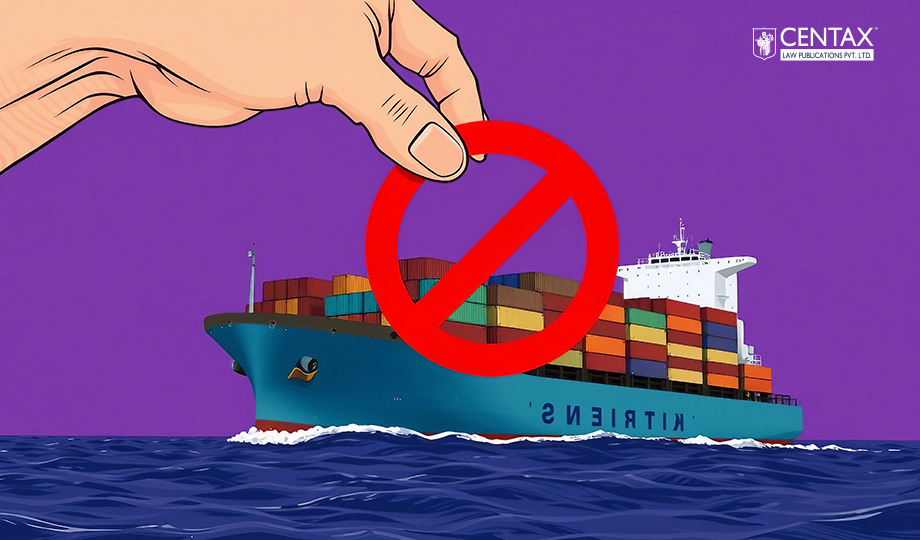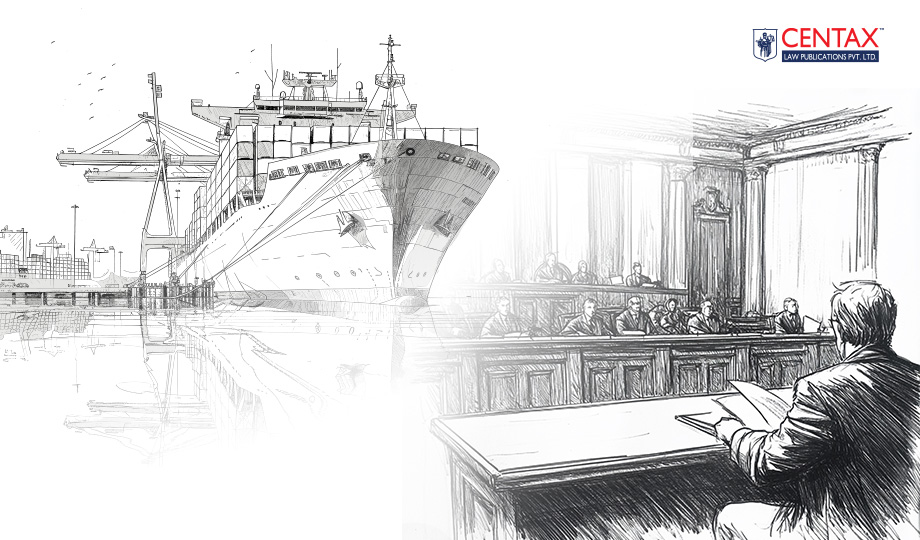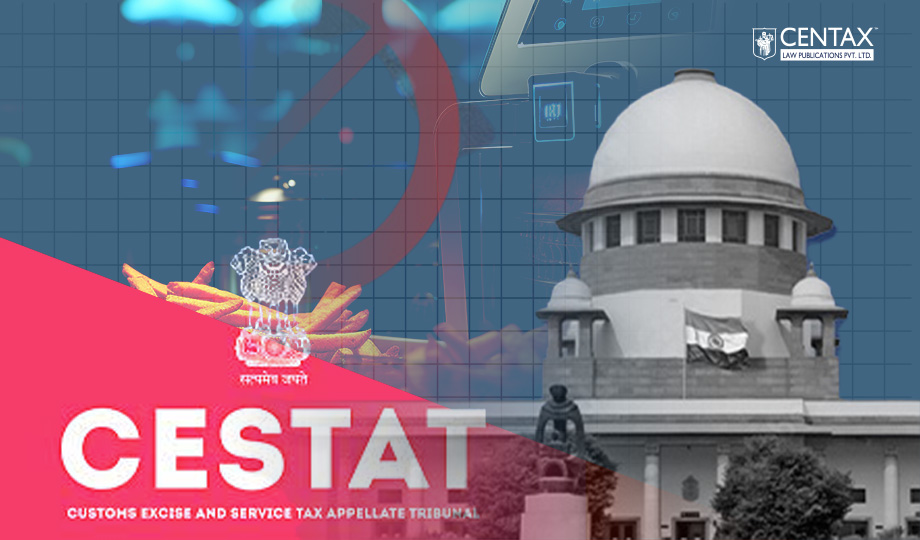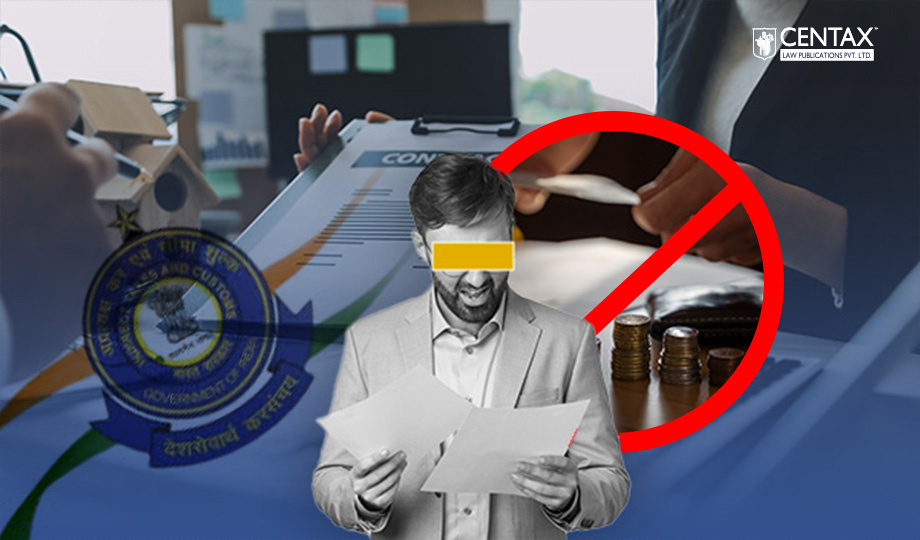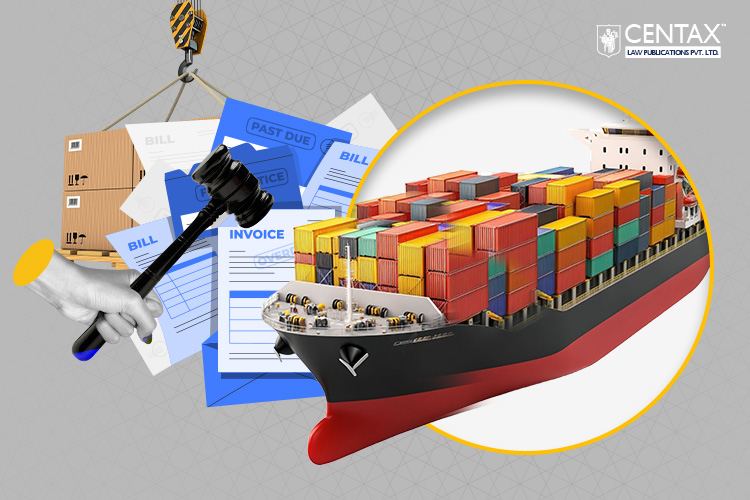
Circular No.11/2025-Customs, Dated 03-04-2025
The Ministry of Finance, Department of Revenue, Central Board of Indirect Taxes and Customs (CBIC), has issued Circular No. 11/2025-Customs dated April 3, 2025, concerning the implementation of the “Export Entry (Post Export Conversion in Relation to Instrument-Based Scheme) Regulations, 2025.” This initiative is part of ongoing reforms aimed at reducing the time and cost of doing business for exporters.
The circular highlights recent reforms designed to streamline export processes, including the seamless credit of drawback to exporters’ accounts, single registration for AD Code, and extension of RODTEP benefits. The new functionality for post-export changes in shipping bills incorporates several key features:
- Electronic processing of amendments under section 149 of the Customs Act
- Electronic processing of provisional assessments in exports
- Re-transmission of relevant details to concerned agencies
Considering the sensitivity of certain amendments in shipping bills under section 149 of the Customs Act, 1962, the Board mandates that the following fields can only be changed with the approval of the Additional or Joint Commissioner of Customs:
- Port of Loading
- Country of Final Destination
- Port of Discharge
- AD Code
- Invoice Value
- HS Code
- Description of Goods
- Quantity
The circular also refers to the superseding of the “Shipping Bill (Post Export Conversion in Relation to Instrument-Based Scheme) Regulations, 2022” with the new “Export Entry (Post Export Conversion in Relation to Instrument-Based Scheme) Regulations, 2025.” These regulations incorporate several important aspects:
- The definition of “Export Entry” is expanded to cover all kinds of export as defined under section 2(16) of the Customs Act.
- The overall time limit for the conversion of export entries is set to one year from the date of clearance of goods.
- Export entries filed under section 84 of the Customs Act are included in these regulations.
- Provisions for converting export entries filed under drawback into instrument-based schemes are introduced.
- The requirement for reversing benefits if previously availed under the scheme being converted is established.












